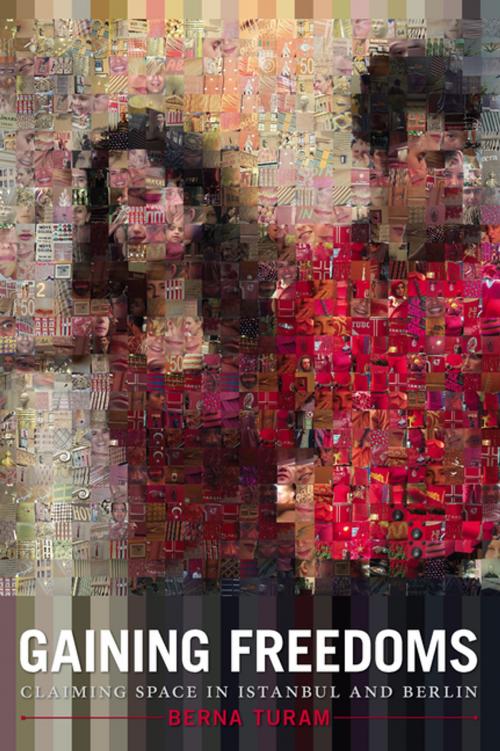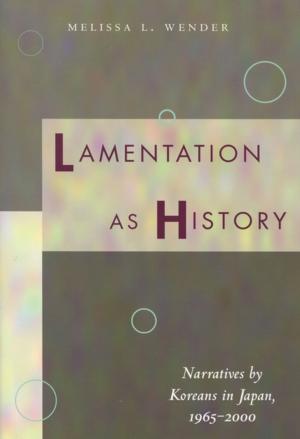Gaining Freedoms
Claiming Space in Istanbul and Berlin
Nonfiction, Social & Cultural Studies, Social Science, Sociology, Urban, Political Science, Government, Democracy, History, Middle East| Author: | Berna Turam | ISBN: | 9780804794527 |
| Publisher: | Stanford University Press | Publication: | April 8, 2015 |
| Imprint: | Stanford University Press | Language: | English |
| Author: | Berna Turam |
| ISBN: | 9780804794527 |
| Publisher: | Stanford University Press |
| Publication: | April 8, 2015 |
| Imprint: | Stanford University Press |
| Language: | English |
Gaining Freedoms reveals a new locus for global political change: everyday urban contestation. Cities are often assumed hotbeds of socio-economic division, but this assessment overlooks the importance of urban space and the everyday activities of urban life for empowerment, emancipation, and democratization. Through proximity, neighborhoods, streets, and squares can create unconventional power contestations over lifestyle and consumption. And through struggle, negotiation, and cooperation, competing claims across groups can become platforms to defend freedom and rights from government encroachments. Drawing on more than seven years of fieldwork in three contested urban sites—a downtown neighborhood and a university campus in Istanbul, and a Turkish neighborhood in Berlin—Berna Turam shows how democratic contestation echoes through urban space. Countering common assumptions that Turkey is strongly polarized between Islamists and secularists, she illustrates how contested urban space encourages creative politics, the kind of politics that advance rights, expression, and representation shared between pious and secular groups. Exceptional moments of protest, like the recent Gezi protests which bookend this study, offer clear external signs of upheaval and disruption, but it is the everyday contestation and interaction that forge alliances and inspire change. Ultimately, Turam argues that the process of democratization is not the reduction of conflict, but rather the capacity to form new alliances out of conflict.
Gaining Freedoms reveals a new locus for global political change: everyday urban contestation. Cities are often assumed hotbeds of socio-economic division, but this assessment overlooks the importance of urban space and the everyday activities of urban life for empowerment, emancipation, and democratization. Through proximity, neighborhoods, streets, and squares can create unconventional power contestations over lifestyle and consumption. And through struggle, negotiation, and cooperation, competing claims across groups can become platforms to defend freedom and rights from government encroachments. Drawing on more than seven years of fieldwork in three contested urban sites—a downtown neighborhood and a university campus in Istanbul, and a Turkish neighborhood in Berlin—Berna Turam shows how democratic contestation echoes through urban space. Countering common assumptions that Turkey is strongly polarized between Islamists and secularists, she illustrates how contested urban space encourages creative politics, the kind of politics that advance rights, expression, and representation shared between pious and secular groups. Exceptional moments of protest, like the recent Gezi protests which bookend this study, offer clear external signs of upheaval and disruption, but it is the everyday contestation and interaction that forge alliances and inspire change. Ultimately, Turam argues that the process of democratization is not the reduction of conflict, but rather the capacity to form new alliances out of conflict.















